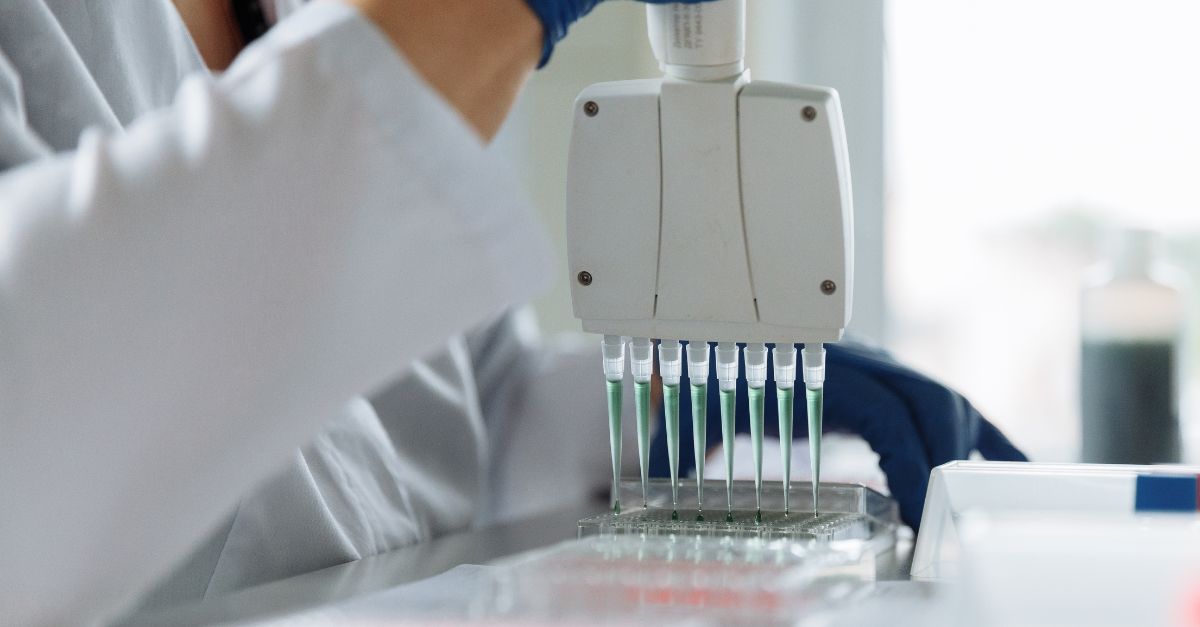Before a new drug candidate can be tested in humans, it must undergo a series of rigorous nonclinical studies to demonstrate its safety and potential efficacy. These studies are known as IND-enabling studies—a vital step in the drug development pipeline that supports a company’s Investigational New Drug (IND) application to the U.S. Food and Drug Administration (FDA).
At InfinixBio, we specialize in conducting IND-enabling studies that are essential for moving promising therapies from the bench to the bedside.

IND-enabling studies comprise a comprehensive set of preclinical experiments designed to assess the pharmacology, toxicology, and safety profile of a drug candidate. These include:
Together, these studies build the foundation for a successful IND submission.
IND-enabling studies serve two critical functions:
1. Protecting Human Participants
Before any drug enters clinical trials, it must demonstrate a safety margin in animal models. This ensures that human volunteers are not exposed to unnecessary risk during First-in-Human (FIH) trials.
2. Securing Regulatory Approval
The FDA requires a well-documented and scientifically justified IND application. IND-enabling studies supply the data that regulators need to authorize human clinical trials.
Without this preclinical groundwork, drug developers risk delays, clinical holds, or outright rejection—setting back years of innovation and investment.

InfinixBio provides a comprehensive suite of preclinical services tailored to meet regulatory expectations and accelerate time to IND. Our integrated approach combines:
Whether you’re developing a small molecule, biologic, or medical countermeasure, our team ensures your IND-enabling studies are precise, predictive, and aligned with your program goals.
If you’re planning an IND submission or exploring strategic CRO partnerships, InfinixBio is here to help. Contact us today to learn how our scientific expertise and regulatory insight can de-risk your path to the clinic.
Our experienced lab team is here to help. Reach out today to learn more.